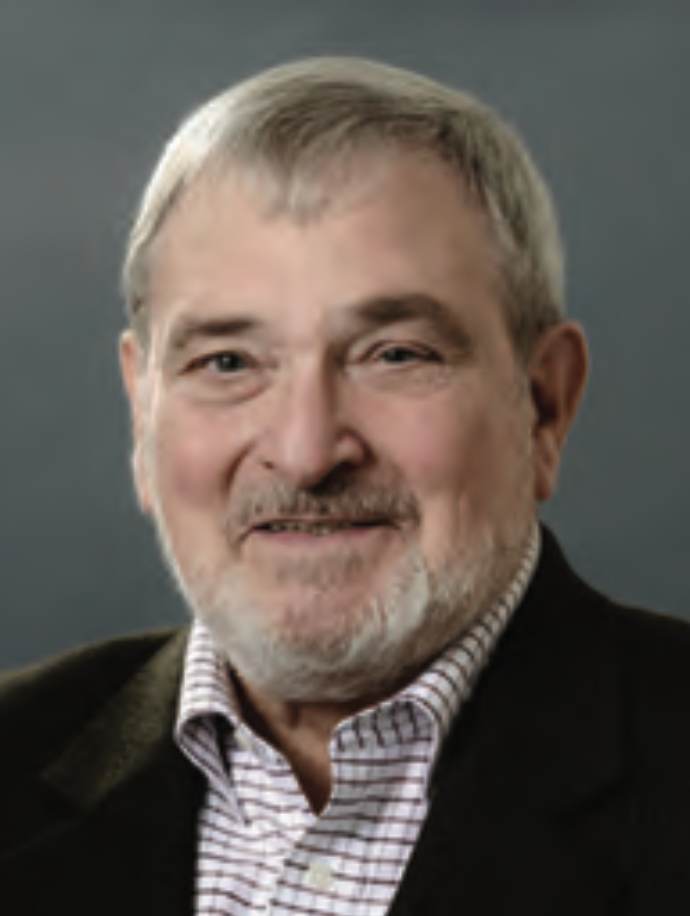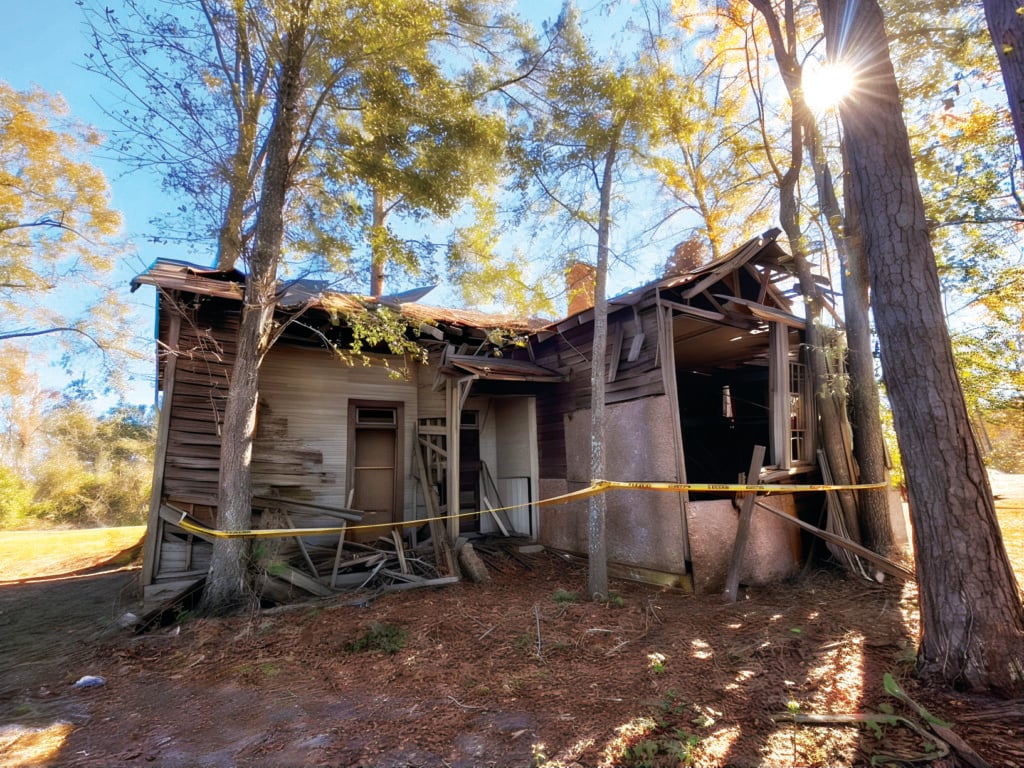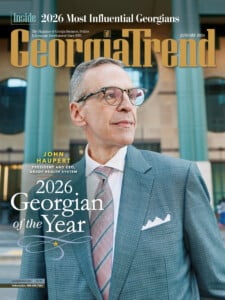Navigating a Weighty Issue
An old law gives some property owners exclusive use of the waterways near their homes, restricting recreational boaters from passing through.
 When my son turned 14 this summer, he spent his birthday boating and fishing. So LeeAnn Dance’s article in this issue about the recreation and revenue tied to Georgia’s rivers and streams is both relevant and interesting to me.
When my son turned 14 this summer, he spent his birthday boating and fishing. So LeeAnn Dance’s article in this issue about the recreation and revenue tied to Georgia’s rivers and streams is both relevant and interesting to me.
I am especially intrigued by state legislation dating back to the Civil War era regarding streams, and how it defines a stream as navigable if it can support boats carrying freight. The 1863 Navigability Code also says non-navigable streams belong to the adjacent landowner, who has the right to exclusive possession. Some recent legislation has upheld this code, allowing property owners who live along the water to restrict boaters from passing through such waterways.
A new House Study Committee on Navigable Streams and Related Matters will look into the balance between public access and private property rights. Speaker Jon Burns named state Rep. John Corbett (R-Lake Park) to lead that committee.
“Our goal will be to research the current policies regarding navigable streams and make recommendations to ensure that our laws are fair to both property owners and those who wish to explore these precious natural resources. I am eager to hear from constituents and professionals alike in determining solutions to identifying navigable streams and their usage,” Corbett said. His email is john.corbett@house.ga.gov.
 After the committee takes a deep dive into the issues surrounding waterways and their ownership, as well as private and public rights of use and other related matters, the group is likely to make recommendations for proposed legislation ahead of the 2025 legislative session.
After the committee takes a deep dive into the issues surrounding waterways and their ownership, as well as private and public rights of use and other related matters, the group is likely to make recommendations for proposed legislation ahead of the 2025 legislative session.
The other committee members include Reps. James Burchett (R-Waycross), Johnny Chastain (R-Blue Ridge), Stan Gunter (R-Blairsville), Lynn Smith (R-Newnan) and Al Williams (D-Midway). Jud Turner, former director of the Georgia Environmental Protection Division, will serve as the non-legislative member.
Photo credit: Oldřich Vach






